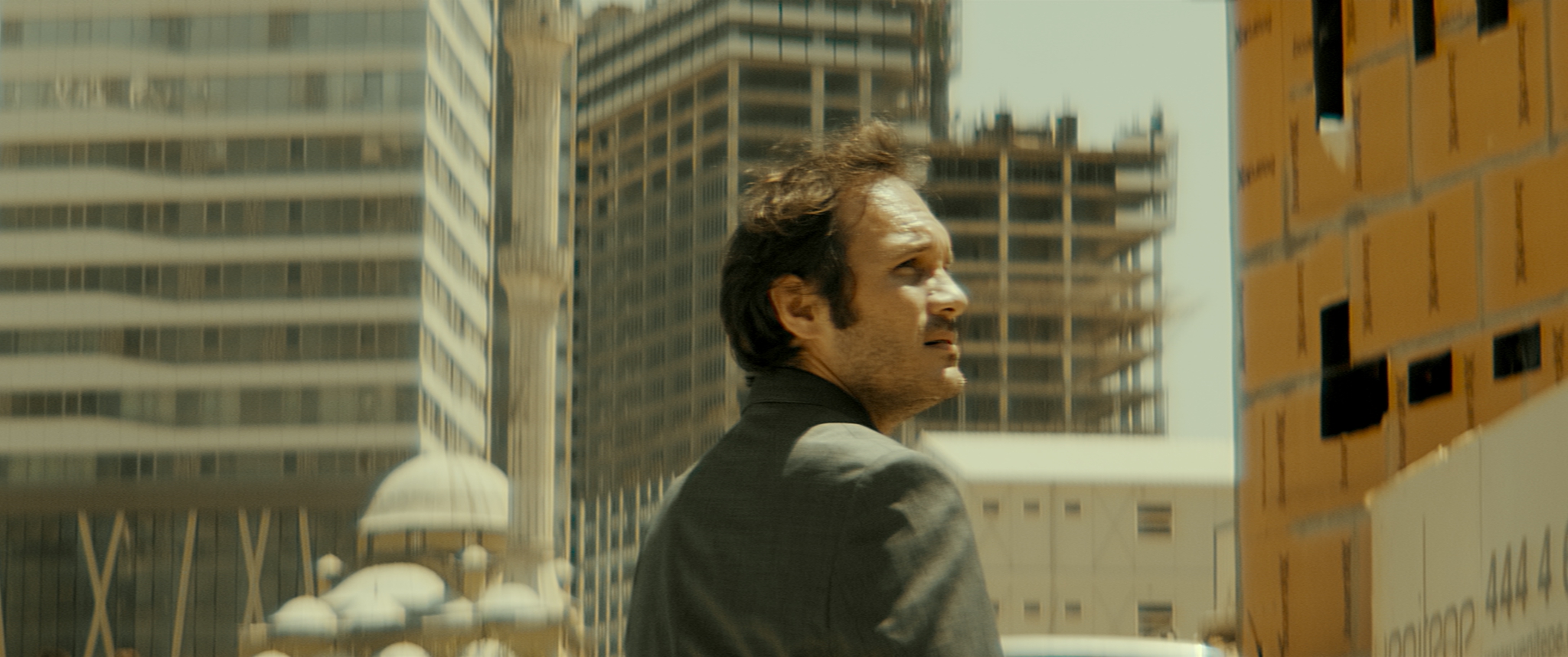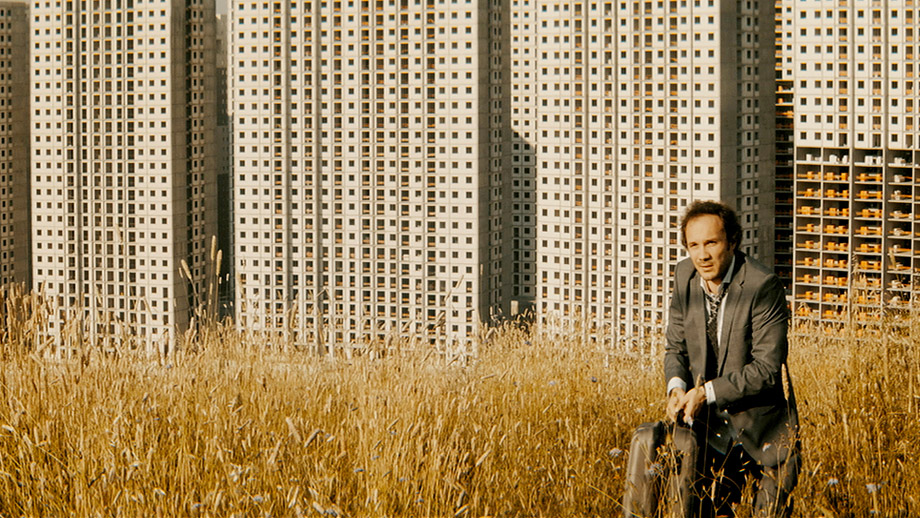By Rahul Desai
It’s distressing, but oddly comforting, to see a film like Ramin Matin’s Siren’s Call these days. Distressing, because it’s about a middle-aged city slicker who wants to give it all up and eat-pray-love his way towards an organic farm. Comforting, because he is merely acting on the kind of existential meltdown we all tend to have but dismiss over a couple of introspective drinking sessions. And a maybe little more comforting, because it isn’t as easy as it looks. Breaking free, too, requires a whole lot of brokenness.
At one point, a daily-wage worker is bemused when the harried male protagonist – the man, Tahsin (Deniz Celiloglu), is an architect who is sick of his forever-under-construction city, Istanbul – is desperately trying to reach the airport. Tahsin has been trying for hours. “You don’t escape from Istanbul; you escape to it,” the stranger remarks, leading Tahsin to momentarily wonder if his is genuinely perhaps a “first-world problem”. Is the destination worth him defying the black hole that keeps sucking him back in? The answer is not one we’re used to hearing.
But Siren’s Call isn’t really about a person. It is about a place. A country. It might be designed as a ridiculous comedy – for instance, most of the film is about Tahsin being cashless, witless and hapless on the dusty sepia-toned Istanbul streets – but this is actually a loud political piece. The film is clever and brave in the way it makes itself accessible. By the end, we find ourselves laughing not just at his Mr.-Bean-like luck, but at the film’s irreverent commentary on the futility of film-making in an age of self-serving administrations. We see the worst of working-class Turkey disguised as deadpan devices that prevent a man from “starting” his journey – crowded buses, aggressive conductors, broke barbers, exasperated taxi drivers, unusual drug dealers. The metaphor of a man literally unable to escape his urban roots reveals itself through these gags, as does a merciless environment and culture that takes its citizens for granted. Almost sardonically, the film also scrutinises the typically melancholic inhabitant that mourns the evils of modernisation while projecting their own personal follies onto their ever-evolving habitat.

This isn’t exactly new to anyone who currently lives in Mumbai, given the siege that the metro-construction crews have laid over open spaces (read streets) in the last few years. The incomplete Istanbul landscape looks a lot like ours, and it, too, has walking human documentaries that dream about becoming a heady narrative feature only to be pulled back by characters who are busy scripting their own tragedies. Siren’s Call, for instance, begins with a relaxed Tahsin smoking a cigarette on what looks (and sounds) like a beach. He sees an airplane floating across the blue sky; for a second, it resembles the opening shot of Roma. The camera slowly pans out to reveal that he is in fact on a mound of sand on his own construction site. His oblivion is interrupted by the noise of machines and people and dust…and sirens. A ‘builder’ of chaos is assaulted by his own instruments.
And then there’s the subversion of the classic man-without-baggage closing shot – an airport screen flashing flight information over a human head, a vast digital canyon of possibilities. Only this time, the destinations are not exotic. Because at times, breaking free also means coming to terms with reality.
[Siren’s Call premiered at the 2018 Tokyo International Film Festival]







Leave A Comment
You must be logged in to post a comment.